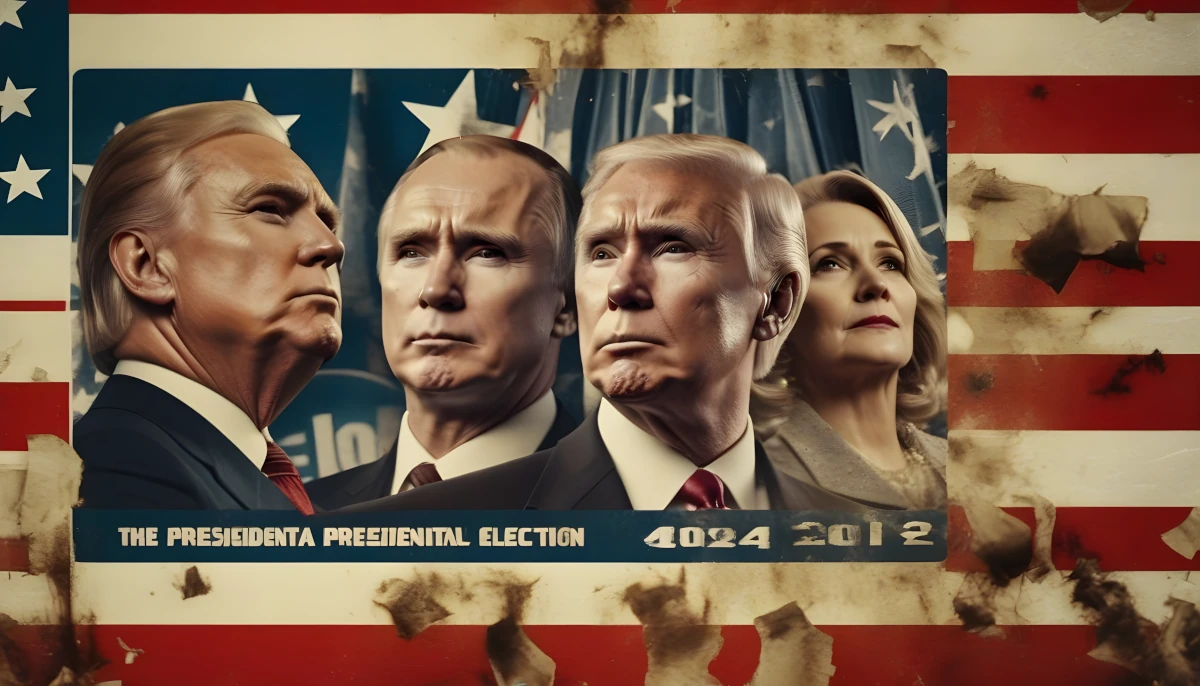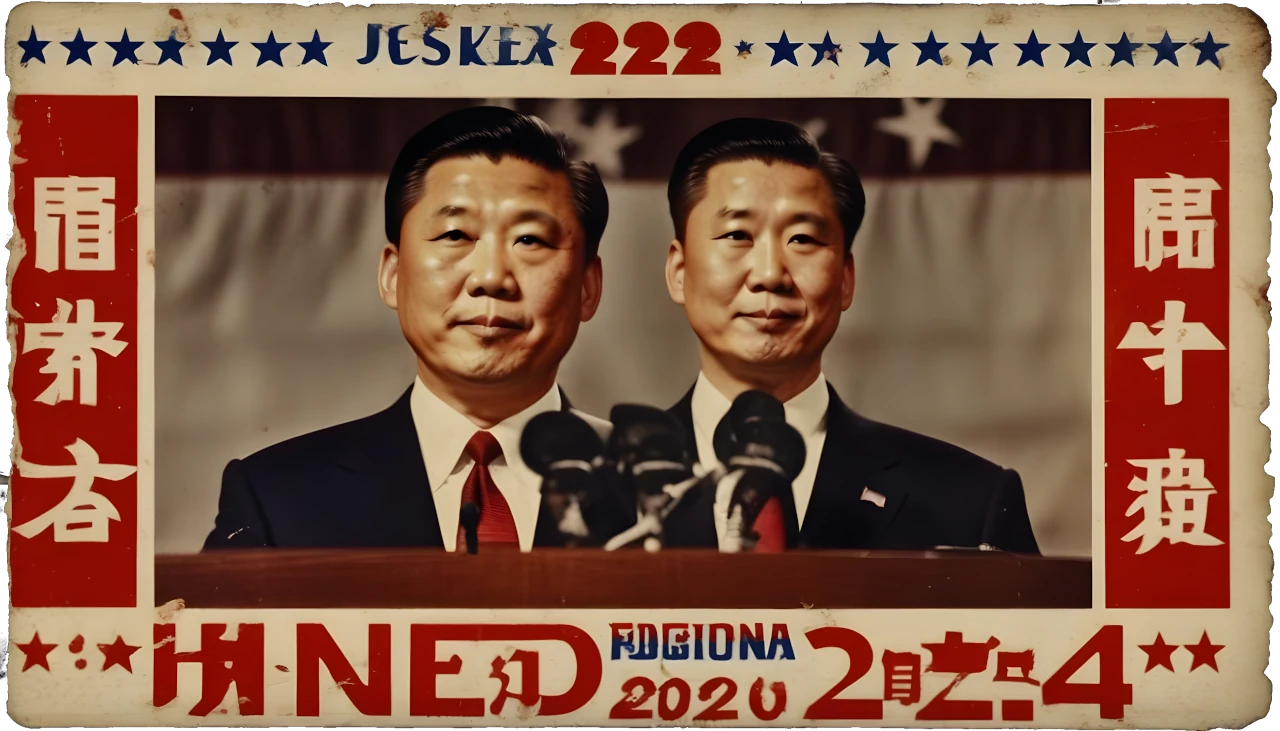Foreign Interference effects in the 2024 Presidential Election

As the United States braces for the 2024 presidential election, concerns loom large about the influence of foreign actors in shaping the electoral landscape.
Whether through hacking political campaigns or spreading disinformation, foreig influence poses a significant threat to the integrity of the democratic process. We explore how foreign entities, including China, Iran, and Russia, may attempt to alter the course of the election, casting a shadow over the democratic principles that underpin the nation.
Hacking Political Campaigns
Foreign powers, armed with sophisticated cyber capabilities, may target political campaigns to gather sensitive information, sow discord, or even manipulate public opinion. The hacking of campaign infrastructure could have far-reaching consequences, impacting the credibility of candidates and the public's trust in the electoral process.
Potential Ramifications:
- Stolen Information: Hacking campaigns could result in the theft of confidential information, strategy documents, or sensitive communication, exposing vulnerabilities within political circles.
- Discrediting Candidates: Foreign actors might strategically leak information to tarnish the reputation of candidates, influencing voter perception and potentially swaying the election outcome.

Spreading Disinformation
The weaponization of information has become a potent tool for foreign interference. Disinformation campaigns, designed to manipulate public opinion and sow confusion, could reach unprecedented levels in the lead-up to the election.
Tactics Deployed:
- Social Media Manipulation: Foreign entities may exploit social media platforms to disseminate false narratives, amplifying divisions within society and fostering mistrust in the electoral process.
- False Endorsements: Spreading misinformation about candidate endorsements or policies can create confusion among voters, undermining their ability to make informed decisions.
Undermining Voter Confidence
Foreign interference seeks not only to influence the outcome of the election but also to erode the public's trust in the democratic process itself. Casting doubt on the legitimacy of the electoral system can have lasting repercussions on the nation's democratic foundations.
Potential Consequences:
- Increased Polarization: Disinformation campaigns may exacerbate existing political divisions, deepening societal rifts and making it challenging to bridge ideological gaps.
- Voter Apathy: If citizens lose confidence in the fairness of the election, there is a risk of increased voter apathy, with individuals choosing not to participate in the democratic process.

Defending Democracy: Countermeasures and Vigilance
As the nation confronts the threat of foreign interference, a concerted effort to fortify the electoral process becomes imperative. Vigilance, international cooperation, and robust cybersecurity measures are essential to safeguarding the integrity of the 2024 presidential election.
Strategies for Defense:
- Cybersecurity Enhancements: Strengthening the cybersecurity infrastructure of political campaigns and electoral systems to withstand potential cyberattacks.
- Media Literacy Initiatives: Educating the public about recognizing and resisting disinformation, empowering voters to make informed decisions.
- International Collaboration: Coordinating with allies and international organizations to detect and counter foreign interference, fostering a united front against threats to democracy.
In this hypothetical scenario, the 2024 presidential election faces unprecedented challenges from foreign interference. By acknowledging these potential threats and implementing proactive measures, the United States can reinforce its commitment to a fair, transparent, and untainted democratic process, ensuring that the voice of the people remains unswayed by external influences.
 2024 WTF?
2024 WTF?